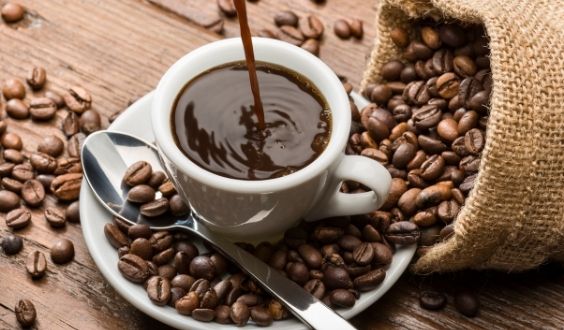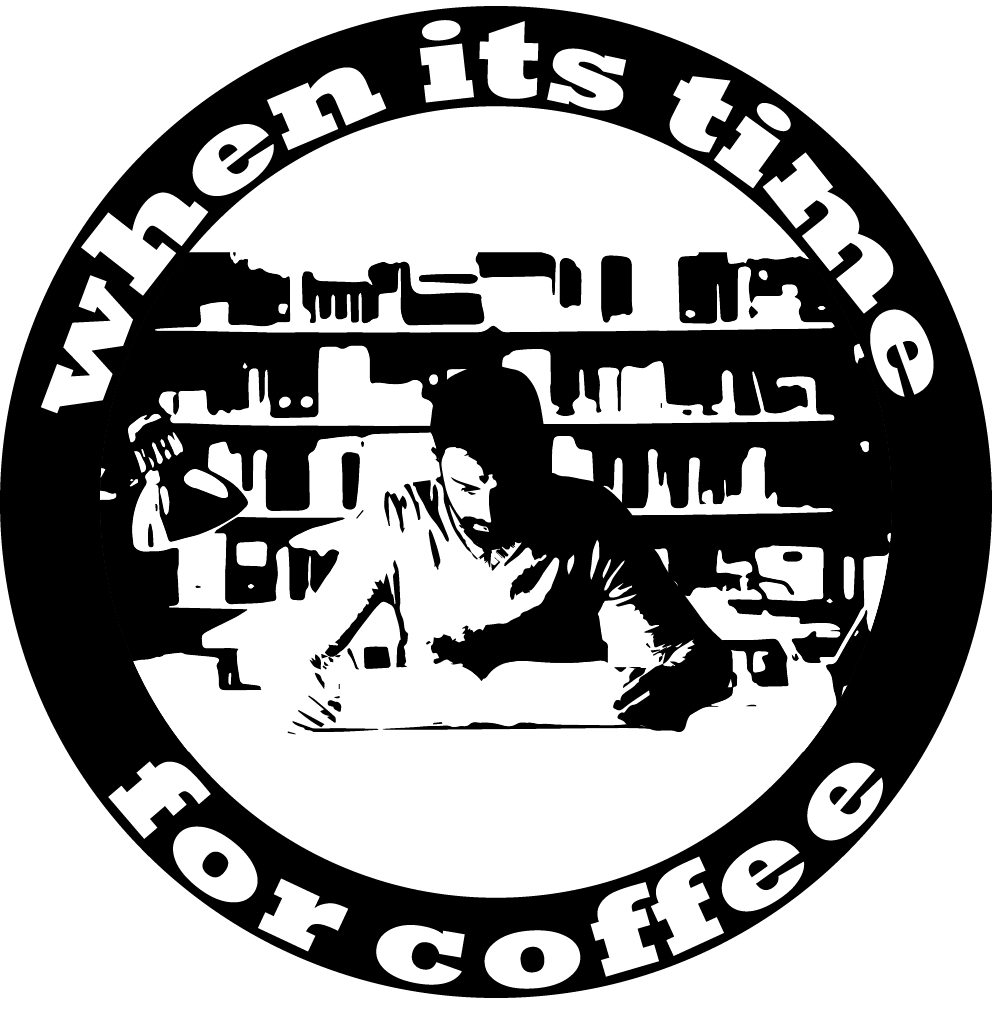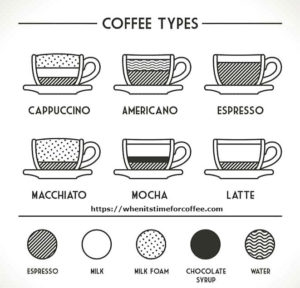You may have heard the old wives’ tale that coffee will go “bad” if you don’t drink it soon enough. The question is whether there is any truth to this.
Every person’s preference for how they like their coffee can be different, but most people agree when a cup of freshly brewed coffee is optimal.
There are many factors that contribute to how long your favorite morning beverage lasts in terms of its freshness and taste quality. Strap in as we delve deeper in finding out whether or not coffee goes bad, and what factors affect its lifespan.
Does Coffee Go Bad?
“Is this coffee bad? Does coffee even go bad?” These are questions most of us coffee enthusiasts want to know the answer to, especially when we’re presented with multiple options for making our morning brew.
The answers may differ depending on various circumstances. For instance, were the coffee beans ground days ago? Perhaps they have taken permanent residency in your freezer. You may be standing at the register wondering whether the ground coffee sitting in your pantry will ever taste as good as when you first bought it.
In short though, the answer is yes. Like everything, coffee goes bad with the passing of time. The
The answer to the question of whether or not coffee goes bad requires a complex explanation.
Beans are rich in oils and give off aromas that can easily be absorbed by their storage containers. This means that exposing beans to oxygen can sometimes make coffee go rancid.
If this is starting to sound complicated, then allow us to simplify for you with our quick guide on how long different types of coffees typically last before going bad:

|
Coffee Type |
How Long it Lasts |
|
Ground coffee |
1 to 2 months |
|
Whole bean coffee |
8 weeks |
|
Drip coffee |
4 hours |
|
Instant hot coffee |
2 days |
|
Espresso grounds or pods |
1 week |
In addition to the beans itself, here are some other factors that determine how fresh and tasty your coffee will be.
Factors That Determine Coffee Freshness
The Grind
A finer grind makes for a faster extraction of flavor because it exposes the maximum surface area. However, too much exposure can also quickly lead to stale flavors.
The Packaging
Beans in paper bags lose their freshness more quickly than those contained in sealed containers. This is due to the fact that paper degrades with time and allows air to reach your beans.
Keeping opened packages of coffee in an opaque container or freezer bag can help prolong your supply’s shelf life as well.
Temperature
The ideal temperature for brewing coffee is between 195-205 degrees Fahrenheit. The hotter your beans get after they have been brewed, the less flavorful they will taste.
This is because of a compound called diterpenes which starts to evaporate as beans heat up and begins to impart undesirable flavors after it hits 158 degrees Fahrenheit.
Aeration
Beans exposed to the air lose their flavor and aroma more quickly than those that are kept in an opaque container or freezer bag. The reason for this is oxidation which occurs when oxygen interacts with your coffee’s natural oils, causing them to decompose.

Manufacturing Date
Just like other food products, coffee has a ” “best used by”” date. Knowing this can help you decide whether or not your beans have been stored properly, thus leading to stale flavors and an overall diminished flavor experience.
Where You Store Your Beans
Leaving your freshly ground beans in a hot place for long periods of time is asking for trouble since that will hasten the process of them going bad. For optimum storage conditions, keep them in airtight containers away from sunlight and heat sources like stovetops.
In addition, don’t forget to consider how much oxygen your packaging allows through. For example, glass jars are better than ziplock type containers since they keep your beans isolated from oxygen.
Indicators of Bad Coffee
We hope the information we have shared so far will help you keep your coffee fresh and days if not weeks or months away from spoilage. However, things do happen, and there may be some circumstances that cause us to forget or overlook the freshness of our coffee.
With that said though, here are several indicators that you can look for when checking if your coffee has gone bad.
The Smell Test
One of the most powerful tools that we have to check whether or not coffee has gone bad is our noses. If you are having second thoughts, use your nose and smell the coffee. Our brains are sharp enough to know whether something is wrong or not.
If there are flags shooting up into the brain, chances are that it has already gone bad.

The Taste Test
In some cases, what we smell can give us pause and cause us to second guess our assessments. If this happens, it is time to take the smell test one step further and move on to the taste test.
If you are unsure as to whether or not your coffee has gone bad or not, you can try tasting the coffee. Be sure to just take a small sip of it to see whether it tastes alright or not.
A Note on Equipment
While the previous tests may indicate whether something is wrong with your coffee, there is a note to be added regarding equipment maintenance.
The odd smell and taste may not be from the freshness of the coffee. There is a slight chance that this oddity is from equipment problems.
There may be times when the coffee equipment is not properly maintained. In these cases, the machines we use could end up creating coffee that smells or tastes different than what we are used to. Be sure to check and maintain your coffee equipment every so often.
Keep Your Coffee Fresh
This article has been a great resource for understanding how to store and keep coffee fresh. Now you can confidently keep your favorite brew fresh and enjoy it at its best!
Remember that coffee can go bad and lose its freshness or flavor if stored improperly. If you love drinking coffee, you need to invest some time and effort in storing it correctly.
Keep your coffee fresh so that each of your days can feel fresher.
You might also wanna check Different Coffee Bean Types and Health Benefits.


